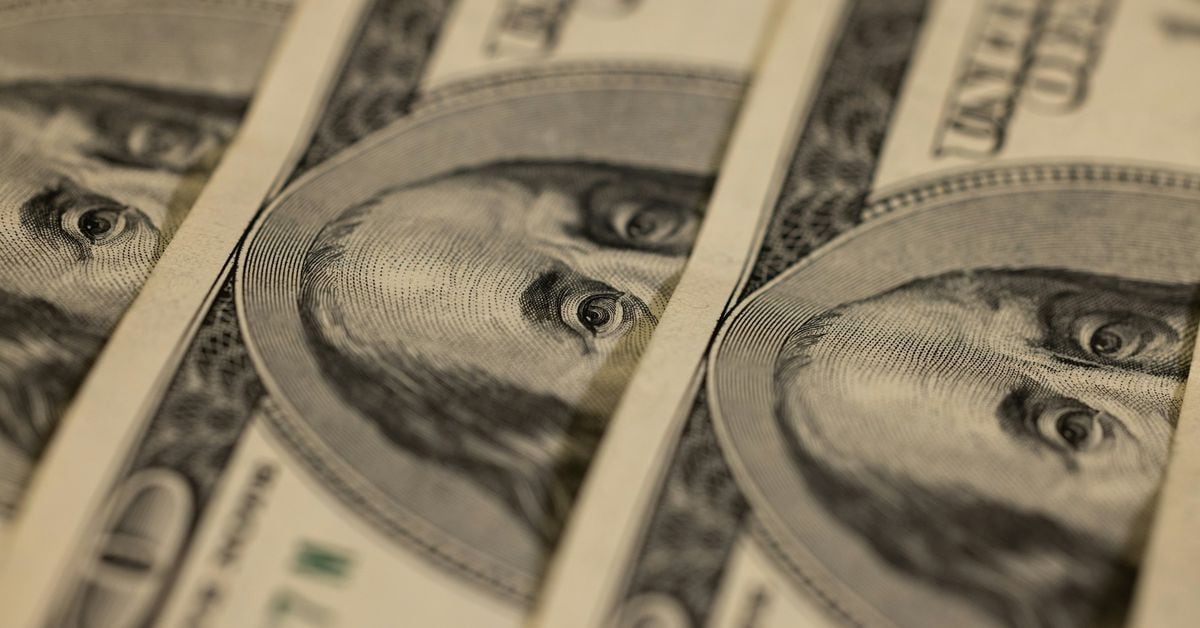UPDATE (Dec. 22, 22:45 UTC): Shortly after this article was published, the SEC officially filed its suit.
The market for XRP could quickly dry up, causing prices to suffer, if the U.S. Securities and Exchange Commission (SEC) ultimately prevails in an expected lawsuit against Ripple Inc., analysts and traders said.
Ripple’s chief executive officer, Brad Garlinghouse, warned Monday the SEC could file a lawsuit in the near future against his company over its sales of XRP, the third-largest cryptocurrency by market cap. Following the news, XRP’s price dropped sharply, losing as much as 14% before rebounding slightly.
While the case has yet to be filed, and could take years to resolve, some market experts warn that if the SEC proves in court that XRP is a security, the cryptocurrency could end up without an adequate market, all else being equal. That’s because as of now the majority of crypto trading venues are not licensed to deal in securities.
“Many cryptocurrency exchanges would be forced to delist it, so liquidity would dry up,” said Ryan Watkins, a research analyst at Messari. XRP’s price would “crash hard” in this scenario, he said.
Exchanges that continue listing XRP run the risk of being asked to register as securities exchanges by the SEC should the commission win its lawsuit. Otherwise, these exchanges might face penalties for allowing retail consumers to trade an unregistered security.
Already, CrossTower, a small exchange that opened in June, has delisted the cryptocurrency.
“CrossTower’s listing committee evaluates tokens along multiple dimensions,” said Kristin Boggiano, the firm’s president. “One of the criteria is whether an asset is a security. Given the uncertainty regarding XRP’s status, CrossTower has decided to delist XRP.”
While CrossTower is a popcorn stand compared to Coinbase or Binance, its deliberations could foreshadow how these larger trading platforms view XRP.
CrossTower is a member of the Coinbase-led Crypto Rating Council, an organization launched last year to provide some clarity on which digital assets might resemble securities. The project assessed that XRP more closely resembles a security than a non-security, giving the asset a score of 4 out of 5 (5 being a clear security). The scores are not meant to serve as legal advice but represent member exchanges’ views on certain digital assets. In addition to CrossTower, Bittrex and Kraken are members of the group.
Coinbase, Bitstamp and Binance US declined to comment. Kraken did not respond to a request for comment by press time.
Short, intermediate and long term
To be clear: Delisting would be an intermediate-term risk for XRP, but it’s far from a fait accompli.
“Odds XRP gets delisted on the SEC developments are low. The news represents, in my opinion, short-term noise as far as price goes,” said trader and analyst Alex Kruger. “I do think it should underperform for a while longer. Market participants are very concerned about the XRP-SEC news and possible delisting, and we’ve seen lots of top buyers.”
But John Willock, CEO of Tritum, a diversified crypto services provider, said that if XRP ends up being designated a security, “it would very likely render the asset untradeable for most exchanges and industry participants. That immediate disappearance of a massive portion of market liquidity and participants would cause the asset to dump heavily in price.”
Among the current crop of crypto investors, “very few people would want to hold and deal with the cost and complexity of owning and interacting with a security instrument,” Willock added.
Jay Hao, CEO of Malta-based crypto exchange OKEx, agreed with that assessment.
“It’s likely we would see a sharp sell-off of XRP, leading to a decline in its price,” he told CoinDesk. Hao did not respond by press time to a follow-up question about whether his exchange would delist XRP if it is designated a security.
While institutional investors have lately been dipping their toes into the crypto pond, those large players are generally focused on bitcoin and ether. The part of the crypto market that includes XRP is still dominated by individual investors, according to experts who spoke to CoinDesk. If exchanges stop supporting XRP, retail investors would have no way to trade it.
Silver lining?
Nevertheless, the damage would not necessarily be fatal for XRP.
“There are various ways the SEC could grant special operating conditions, or accept a payment of a settlement from Ripple that could dampen the blow,” Willock said.
Hao similarly said that declaring XRP a security could potentially have a positive impact on the cryptocurrency’s value down the line.
“This call could eventually allow Ripple to list on traditional stock exchanges and potentially open it up to a far wider market, which means that there could be extremely positive price action in the long term,” Hao said.
XRP was developed and launched in 2012 by Ripple Labs co-founders Arthur Britto and Jed McCaleb and tech whiz David Schwartz, who gifted a large portion of the token to the startup. The company has sold about $1.2 billion in XRP since then, according to Messari.
Ripple, which has long insisted it did not create and does not control XRP, did not respond to a request for comment by press time. In an appearance on CNBC Tuesday, Garlinghouse called the SEC’s position on XRP “one foot out the door.”
“Not a single other country anywhere has looked at XRP as a security,” he said. “You’ve had countries like the U.K. and Japan and Switzerland and Singapore all come out and say things that make it clear that XRP is a currency.”
Garlinghouse also told viewers the token’s fate was independent of his company’s.
“If Ripple the company didn’t exist, XRP would still thrive around the globe with … a couple hundred exchanges around the world,” he said. “And there’s over 100 different projects, innovative entrepreneurs here in the U.S. and around the world building on top of XRP.”
Lawrence Lewittin, Nathan DiCamillo and Danny Nelson contributed reporting.


























